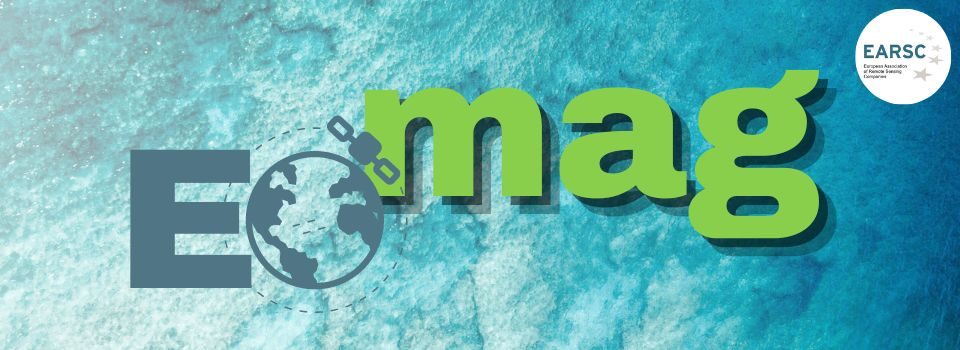
SpaceSUITE is an Erasmus+ Blueprint project for the development of innovative resources for education and training to bridge the gap between the supply and demand of skills in the ever-growing downstream space sector. The project was kicked off in January 2024, and it will end in December 2027. It integrates 28 partners, including 3 affiliated entities, from Academia, vocational education and training (VET) providers, associations, and representatives of industry companies. The partnership is complemented by 9 associated partners, mainly local and regional public bodies. The project was promoted in the framework of the SPACE4GEO Large-scale Skills Partnership on Space Data, Services and Applications (www.space4geo.eu) were EARSC is key partner and will support the achievement of its strategic objectives in the framework of the EC initiative Pact for Skills.
With the aim of ensuring the development of advanced skills in space-related fields and the provision of education and training activities for higher education and VET providers for upskilling and reskilling, in particular for professionals, entrepreneurs, graduates and students, the SpaceSUITE consortium will:
- release a Sector Skills Strategy, providing details on the way major trends in the downstream space sector are expected to impact skills’ needs in the sector, which will be continuously updated, and defining the roadmap to ensure medium and long term skills development through up-skilling and re-skilling actions for the current workforce, as well as the attraction of talents from other sectors and among youngsters.
- enhance and further develop the Body of Knowledge (BoK) on Earth Observation and Geo-information, also embracing Positioning Navigation and Timing (PNT) and Satellite Communication (SatCom),
- design “core” curricula for current in-demand and emerging occupational profiles, develop educational and training materials, and organise training actions for different persona, from a technician to a decision maker,
- create an online “Open Space Academia” to provide these contents in a open flexible manner using the most recent learning techniques and including guidance to candidate learners.
The direct beneficiaries of this action are the 230.000 professionals currently employed by the EU downstream space sector, which accounts for close to 80% of the global space economy.
Sources:
- https://www.spacesuite-project.eu/
- SpaceSUITE Grant Agreement
